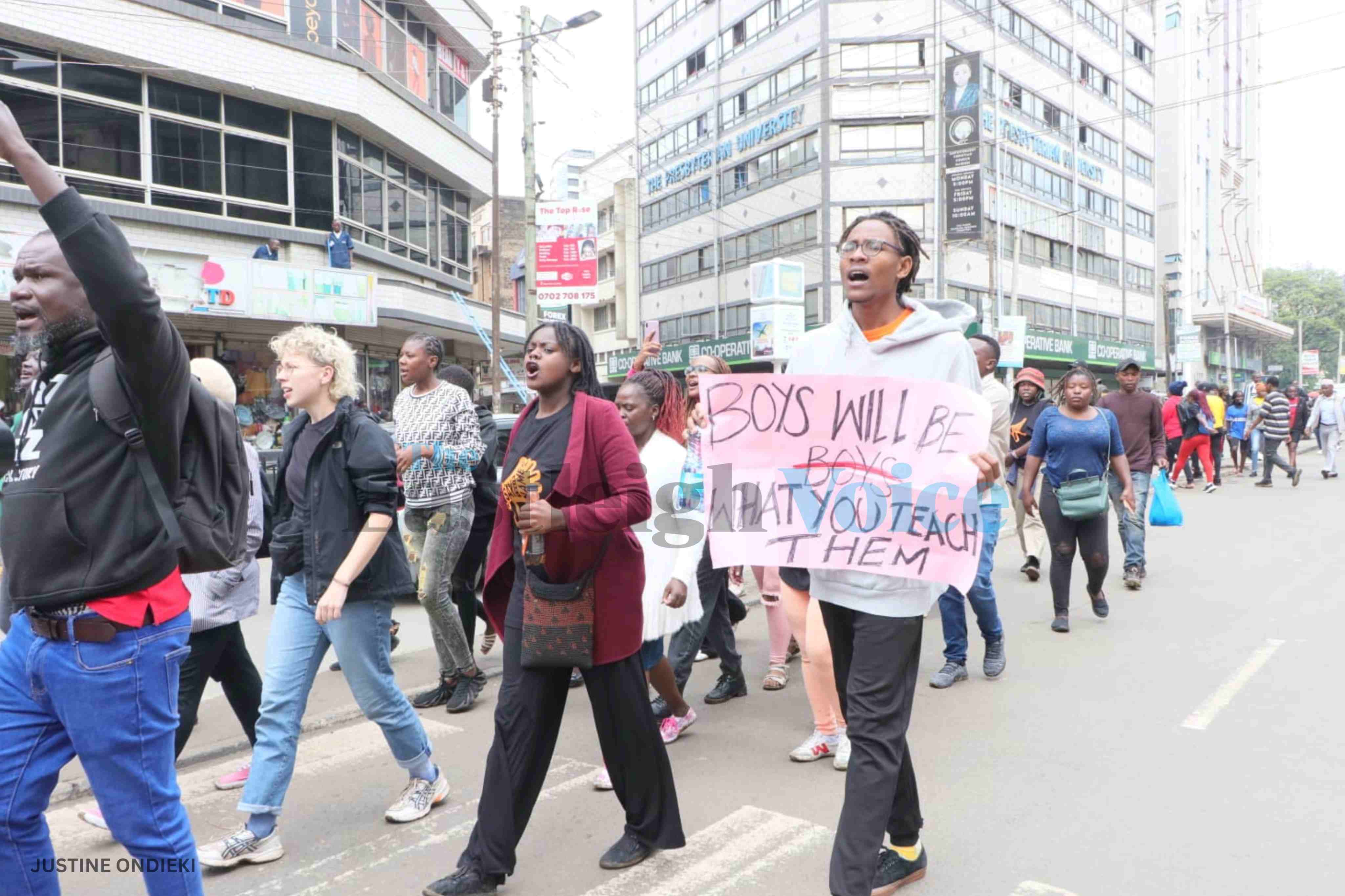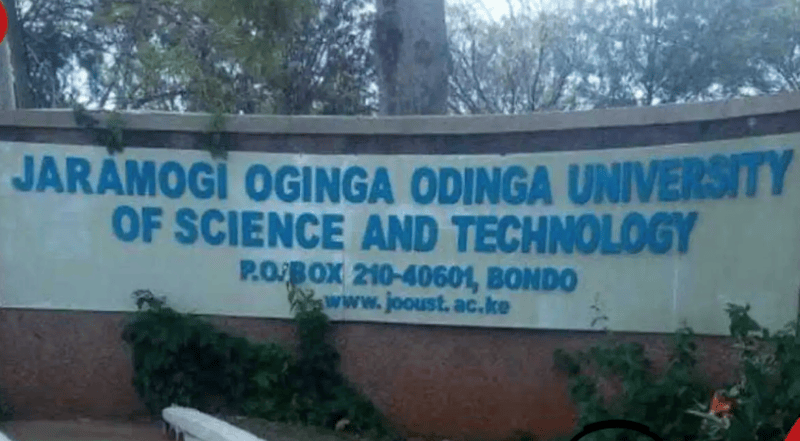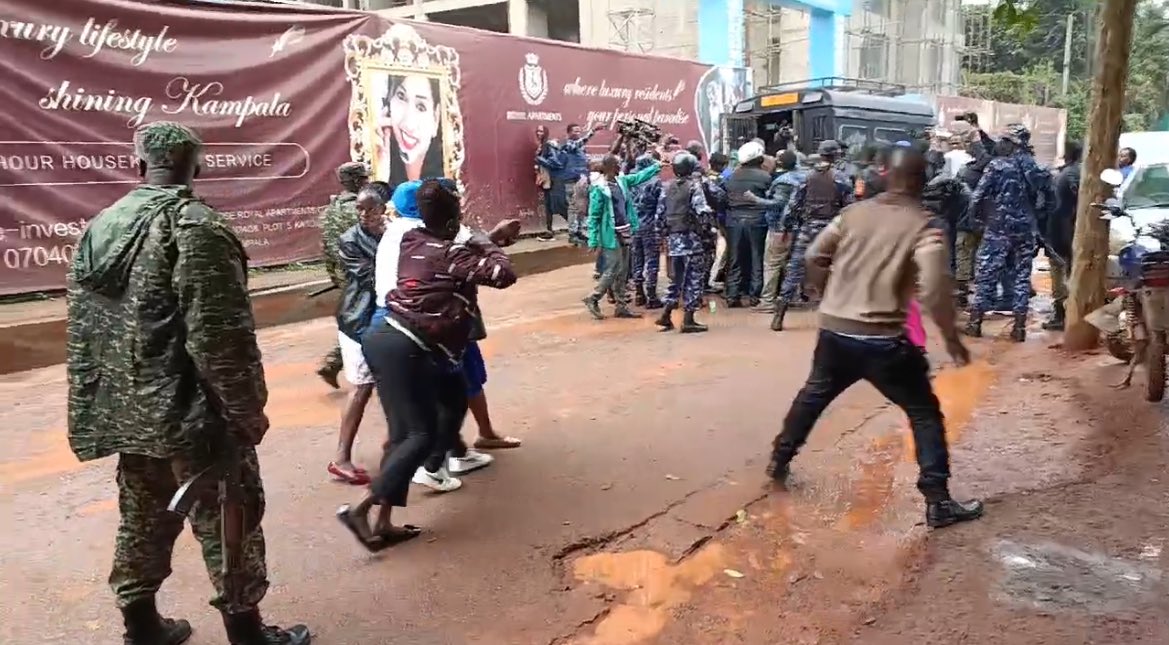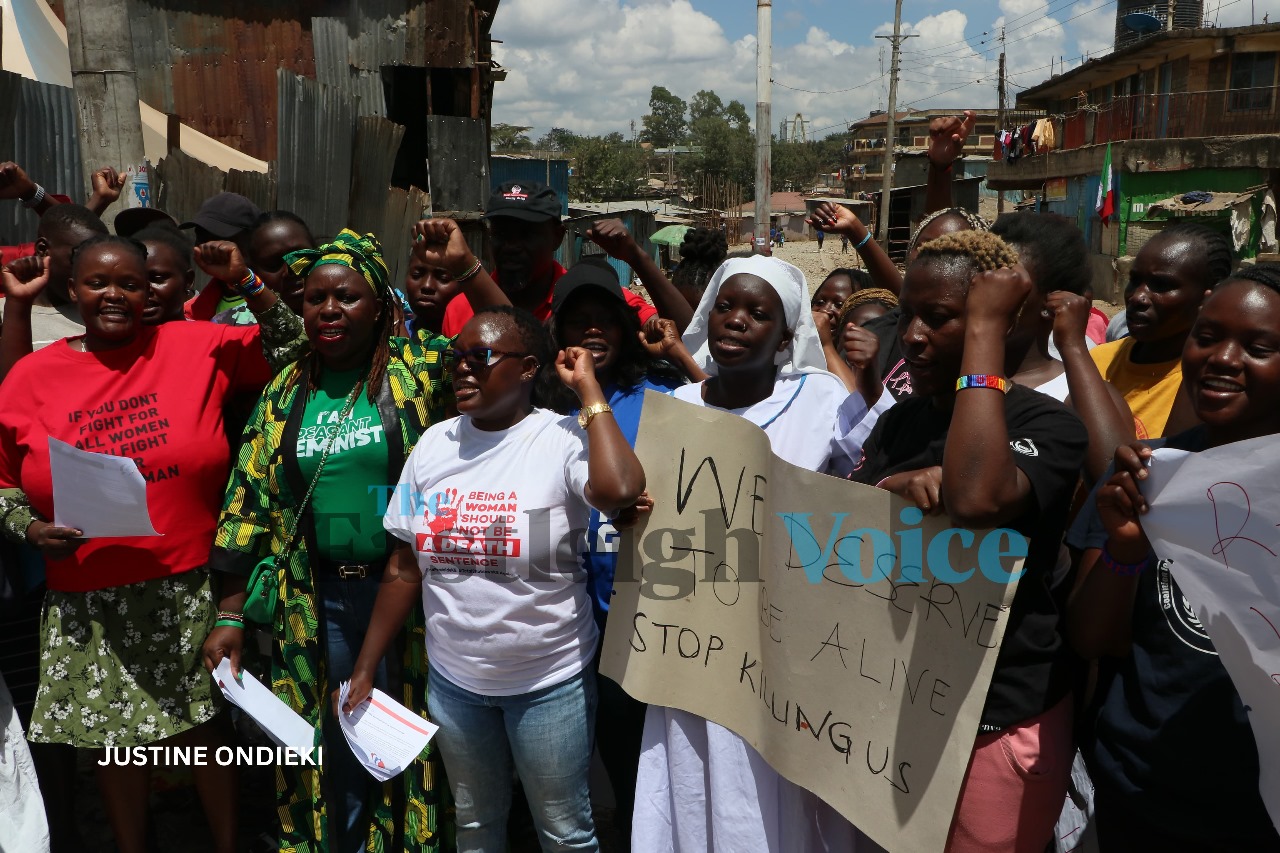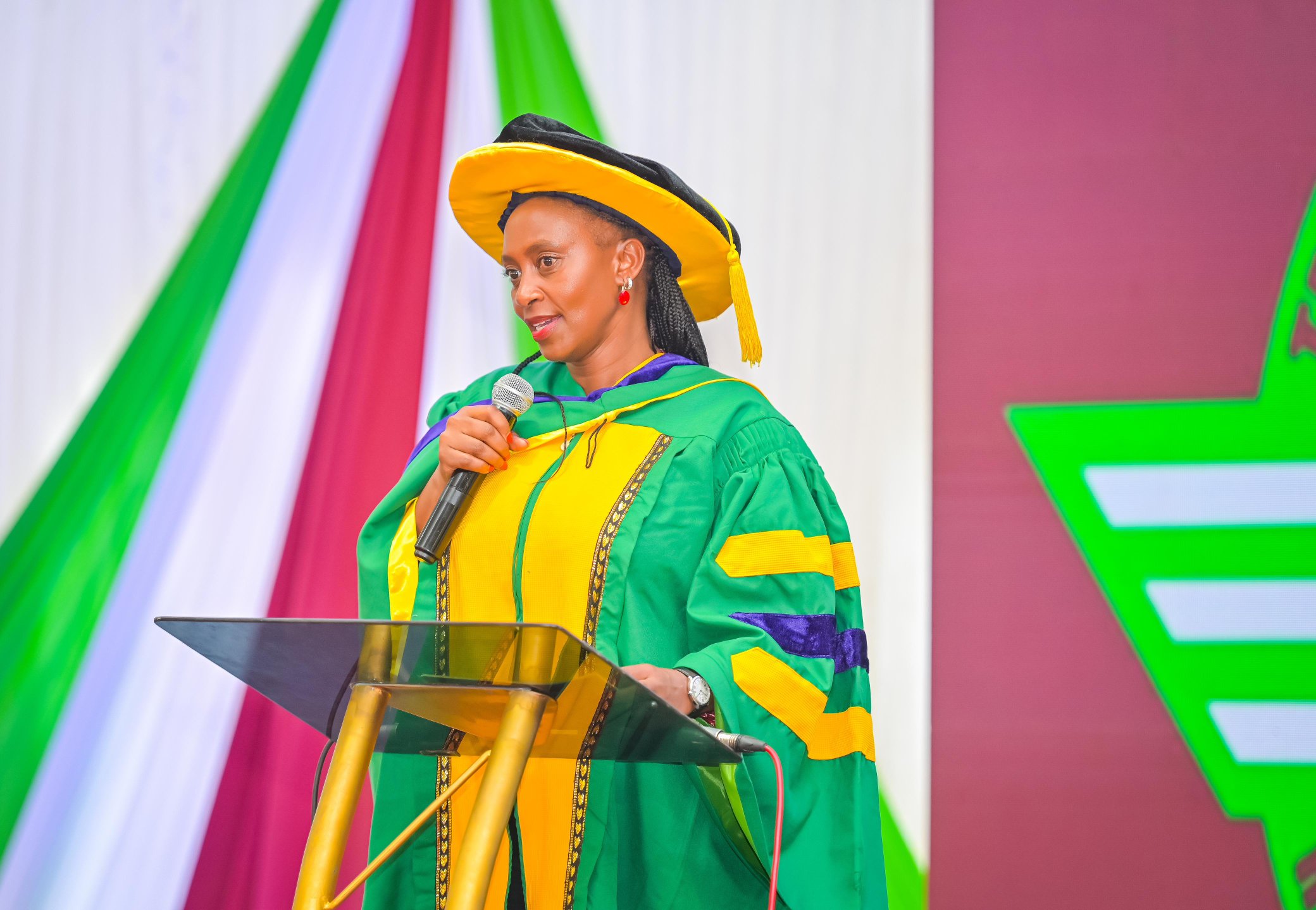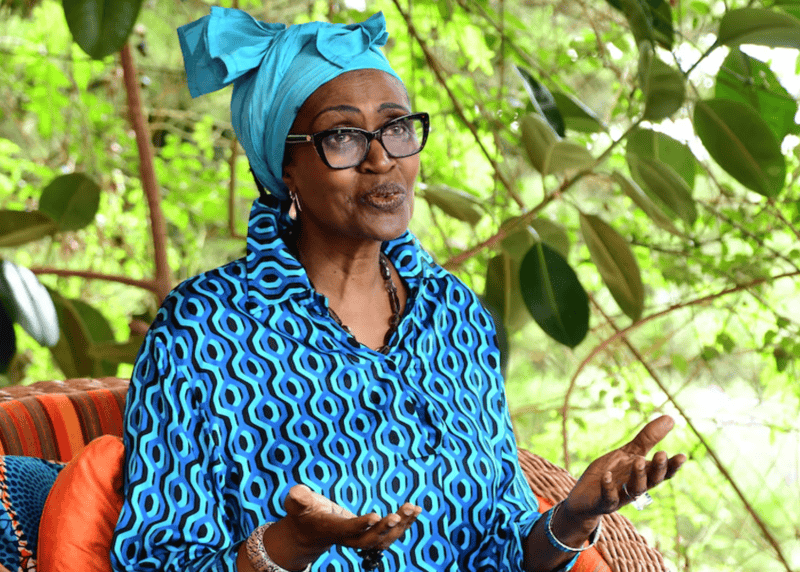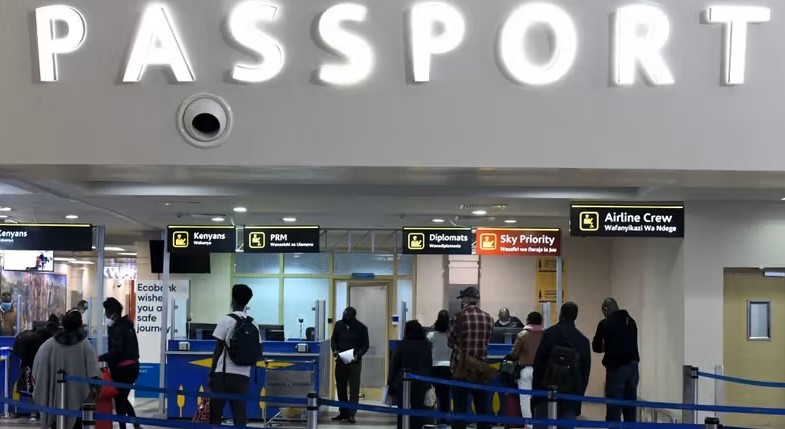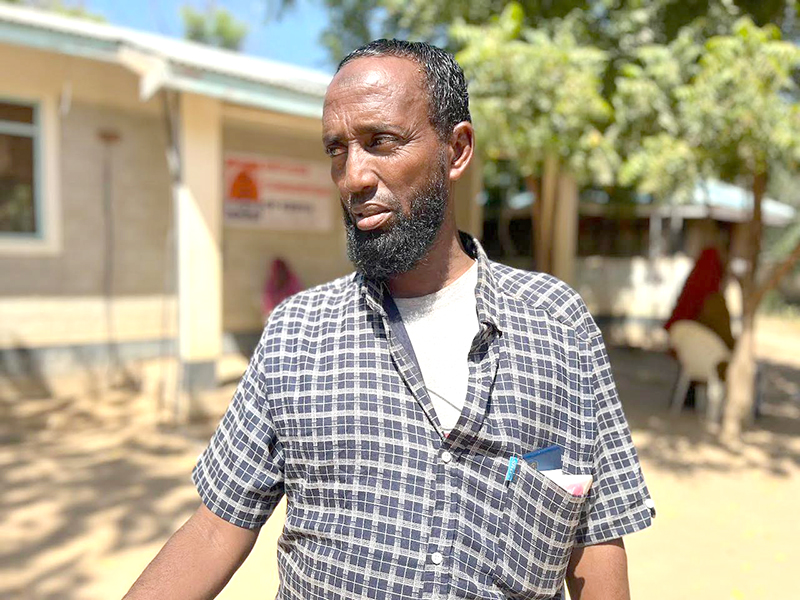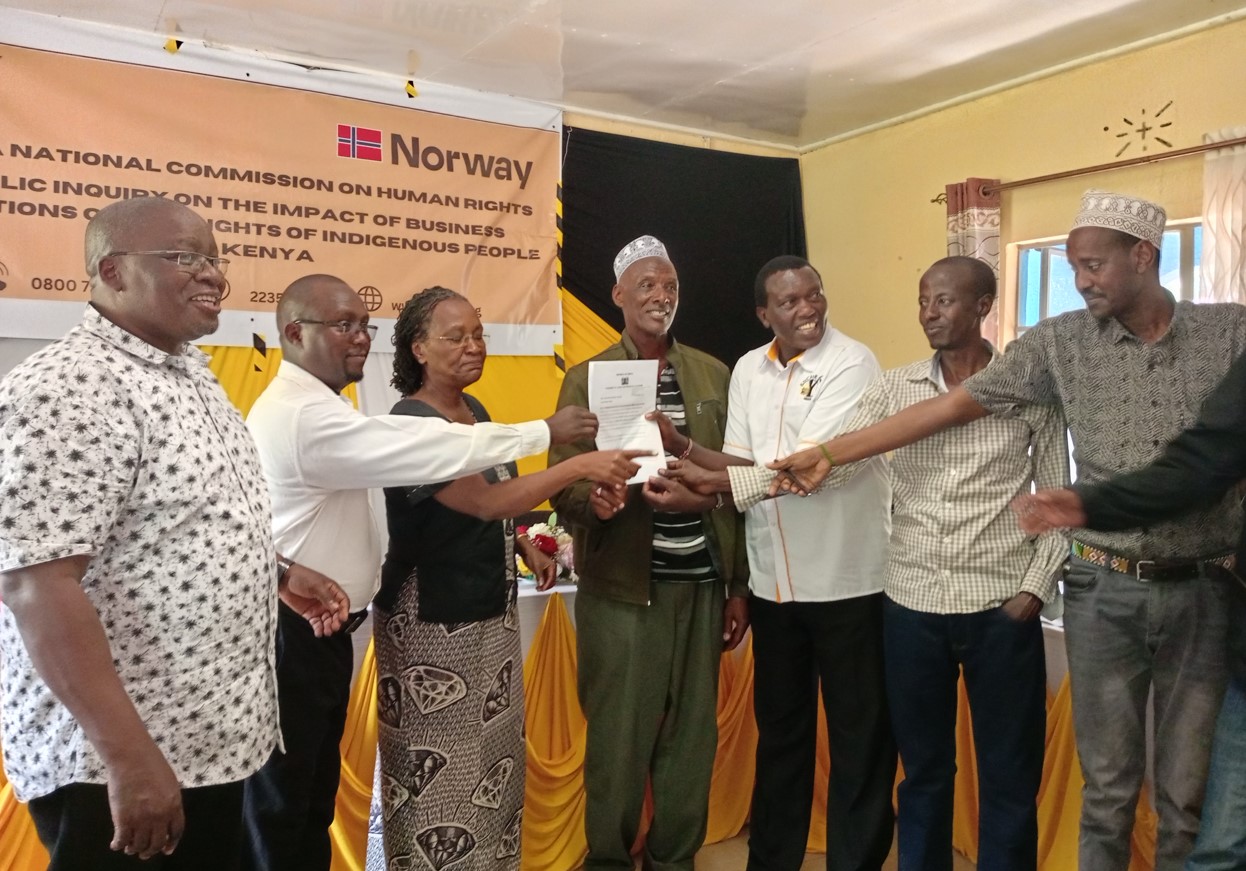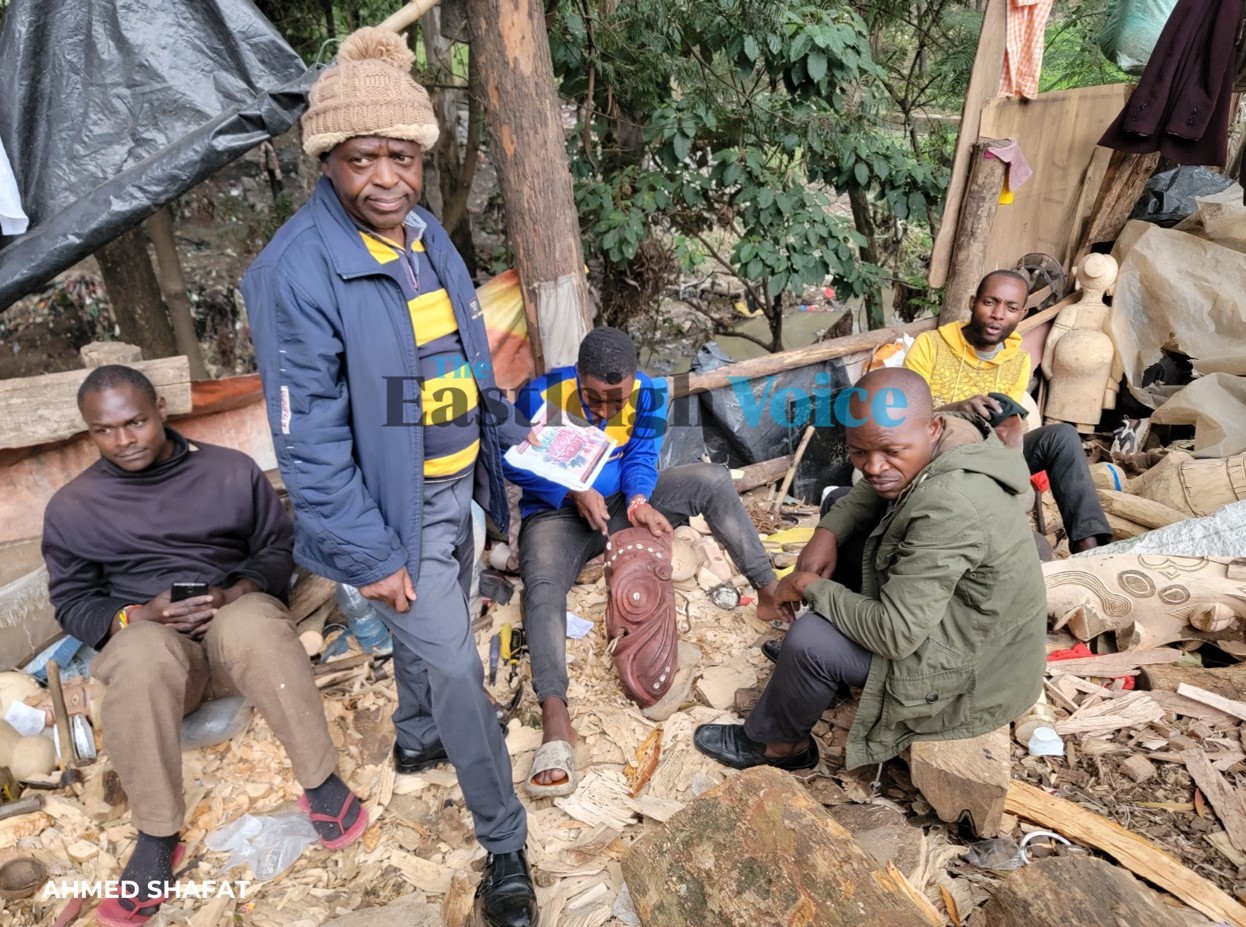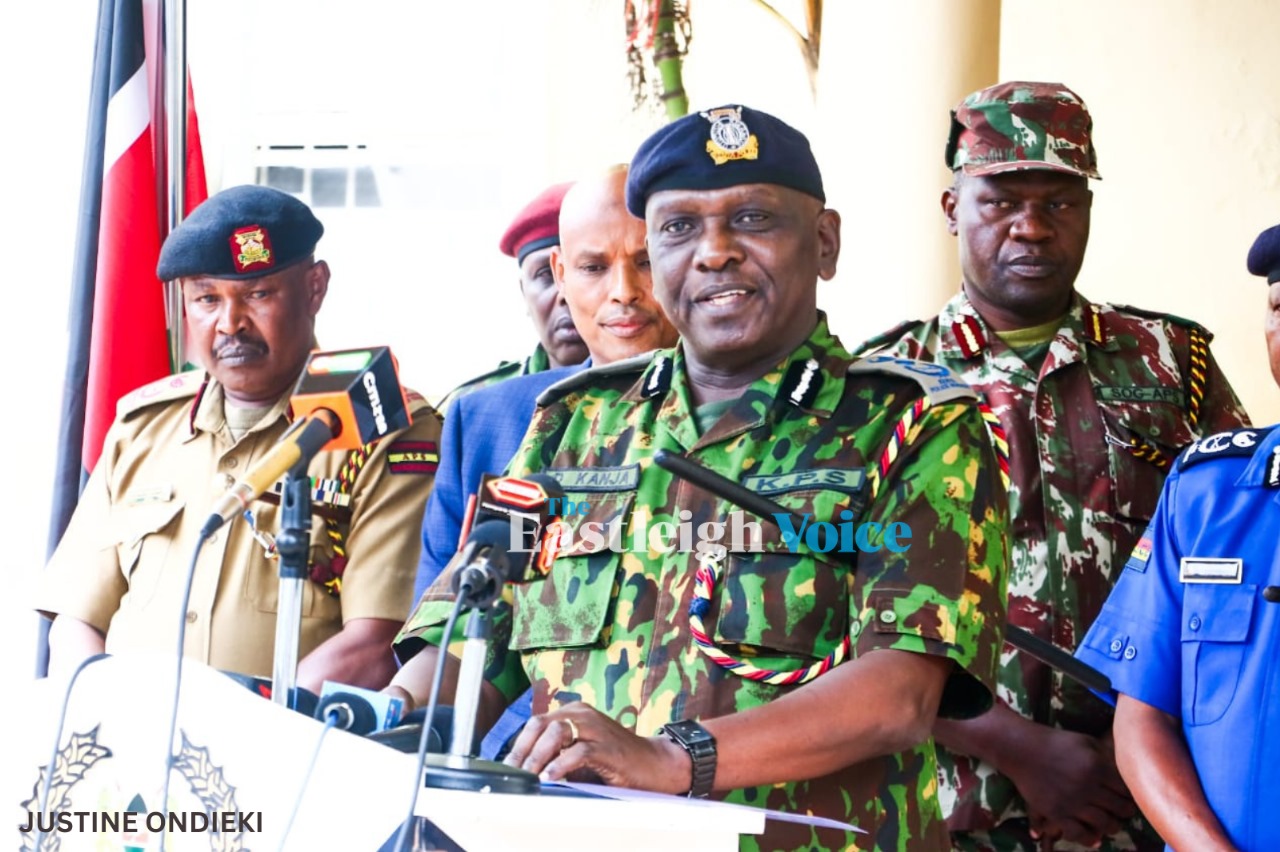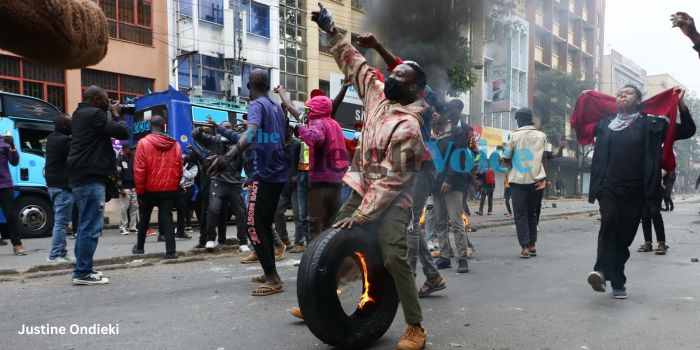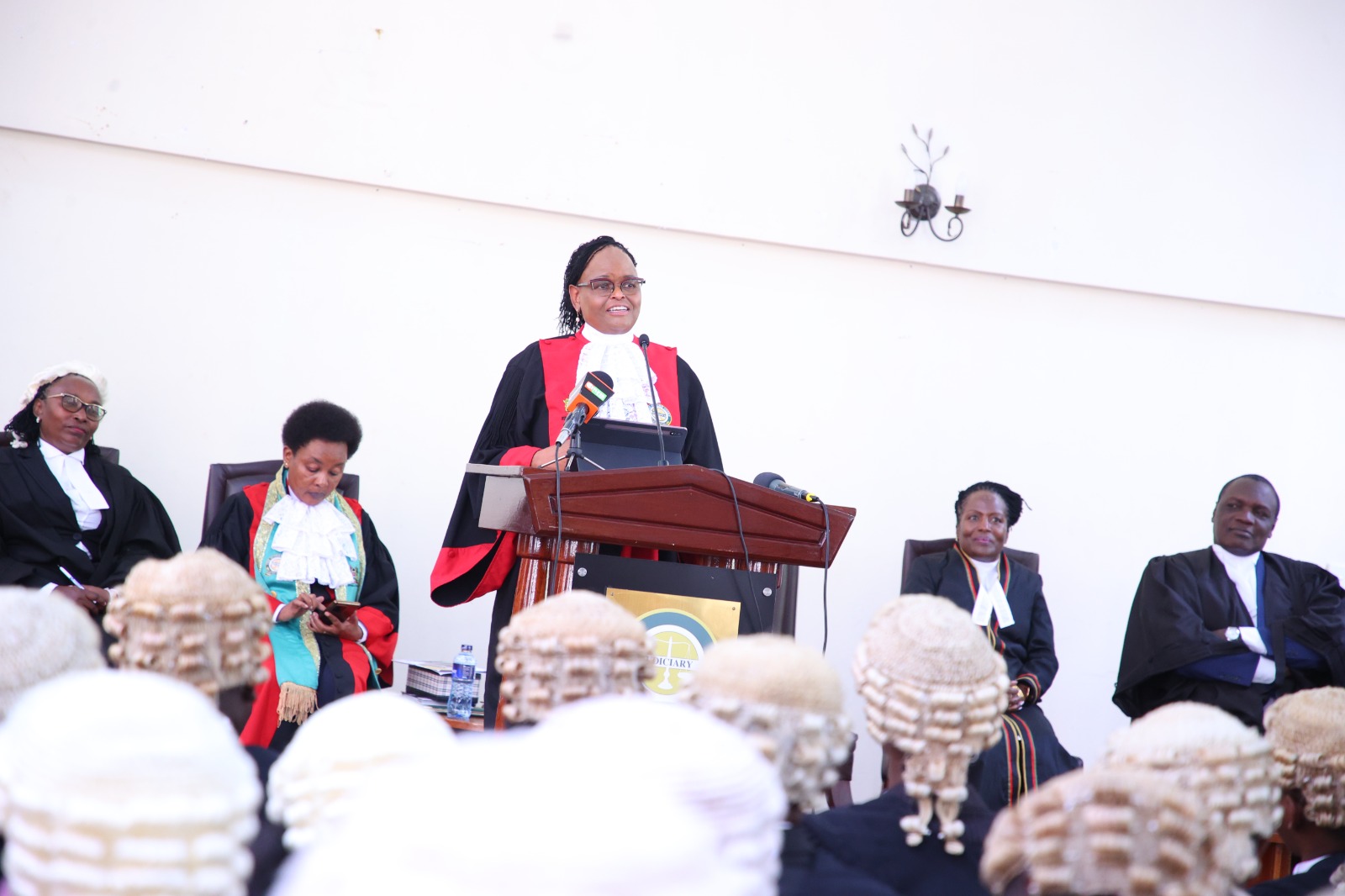KNCHR steps in to assist Mombasa's urban refugees over access to essential services
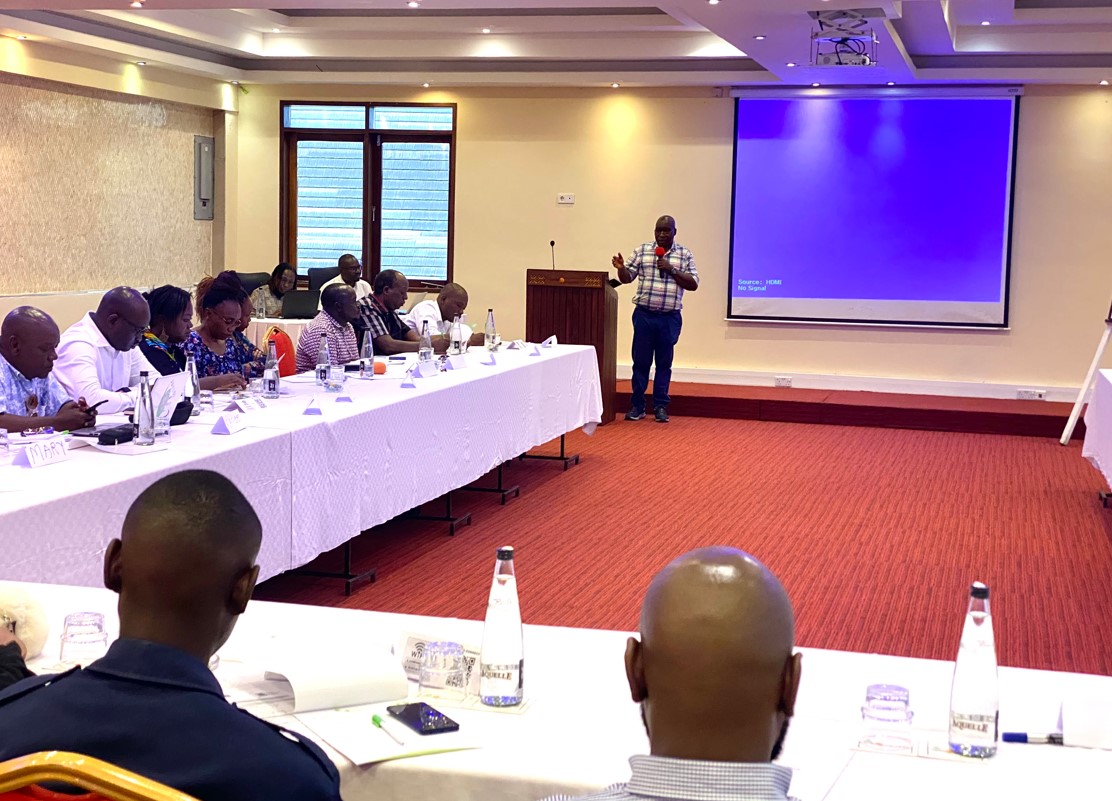
By Farhiya Hussein |
This initiative follows a session where refugees voiced significant concerns about their rights and access to services such as banking services, M-Pesa and driving licenses.
The Kenya National Commission on Human Rights (KNCHR) has called on urban refugees residing in Mombasa experiencing difficulties in accessing essential services to report their grievances to their Coast Regional office.
This initiative follows a session where refugees voiced significant concerns about their rights and access to services.
Keep reading
- Kenya faces gloomy human rights record with 1,300 arbitrary arrests documented, surge in femicide
- Human rights commission condemns Kizza Besigye's alleged abduction in Nairobi
- Kenya achieves major milestones in disability inclusion and access to justice
- Government orders refugees to surrender their passports within 30 days
KNCHR CEO Dr Bernard Mogesa emphasised that the commission is prepared to record complaints and provide the necessary support to address these issues.
"We encourage urban refugees facing challenges with banking services, M-Pesa, driving licenses, and other essential services to come forward. Our office is ready to assist," Dr. Mogesa stated.
During a training programme for refugees in Mombasa on Wednesday, several participants highlighted the hurdles they face.
One of them, Fardowsa Mohamed, expressed her frustration with the bureaucratic barriers that prevent her from accessing education and starting a business despite having the required documentation.
"It is hard to be a refugee, but even harder to be an urban one. I can't join the university because the fees I am asked to pay are double those of residents. I also can't open a business, even though I have an Identification Refugee Card," she said.
Another refugee, Abdirahman Ahmed, discussed the difficulties in obtaining a driving license from the National Transport and Safety Authority (NTSA), which has significantly impacted his ability to earn a living. "Many of us depend on driving for income, but getting a license has become nearly impossible," he noted.
Another refugee who sought anonymity said she has been in the country for the last 27 years but still faces challenges as an urban refugee.
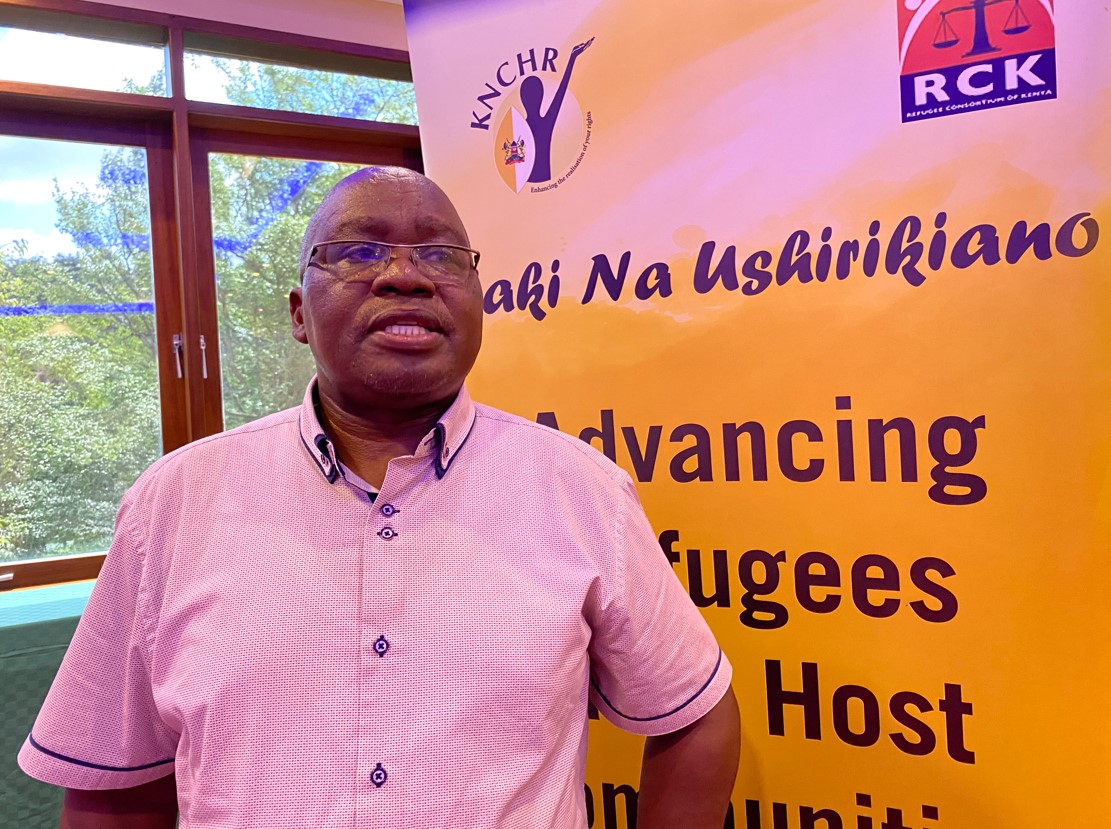 KNCHR CEO Dr Bernard Mogesa during the agency's session with refugees in Mombasa on May 14, 2024. (Photo: Farhiya Hussein)
KNCHR CEO Dr Bernard Mogesa during the agency's session with refugees in Mombasa on May 14, 2024. (Photo: Farhiya Hussein)
Dr Mogesa provided statistics indicating that a significant portion of refugees, about 16 per cent, reside in urban areas, with Mombasa hosting approximately 7 per cent of this population, totalling around 11,000 individuals.
Security
He highlighted the factors attracting refugees to Mombasa, such as its relative calm and security, as well as its status as a transit point for those heading to southern regions.
"Refugees find Mombasa a good place to invest and do business," Dr Mogesa said, noting that many families who initially stayed in camps are now joining their relatives in urban areas.
The challenges faced by urban refugees are not unique to Mombasa.
He said Nairobi houses 83 per cent of the urban refugee population, while Nakuru has 6 per cent.
Dr Mogesa noted these refugees hail from various regions, including Burundi, Mozambique, Rwanda, the Democratic Republic of Congo, Somalia, and Uganda.
"People have developed certain theories about refugees being a threat, but there is no evidence to suggest that crime rates in urban areas are linked to refugees. In fact, some towns without refugee populations have higher levels of crime," Mogesa said, addressing misconceptions about refugees.
The KNCHR has been actively involved in programmes around refugee rights following the government’s 2021 plan to close the Kakuma and Dadaab refugee camps.
The commission, along with other stakeholders, successfully challenged the closure in court, emphasising the need to protect refugee rights and ensure their safety before any camp closures.
As the government explores the integration of refugees into local communities, such as the pilot programme in Kakuma integrating 200 families, Dr Mogesa stressed the importance of sensitisation and preparedness.
“We need to ask ourselves if the community is prepared for integration or if the government is pushing it too quickly. Local communities need to understand and see the benefits of integration," he said.
Reader comments
Follow Us and Stay Connected!
We'd love for you to join our community and stay updated with our latest stories and updates. Follow us on our social media channels and be part of the conversation!
Let's stay connected and keep the dialogue going!

